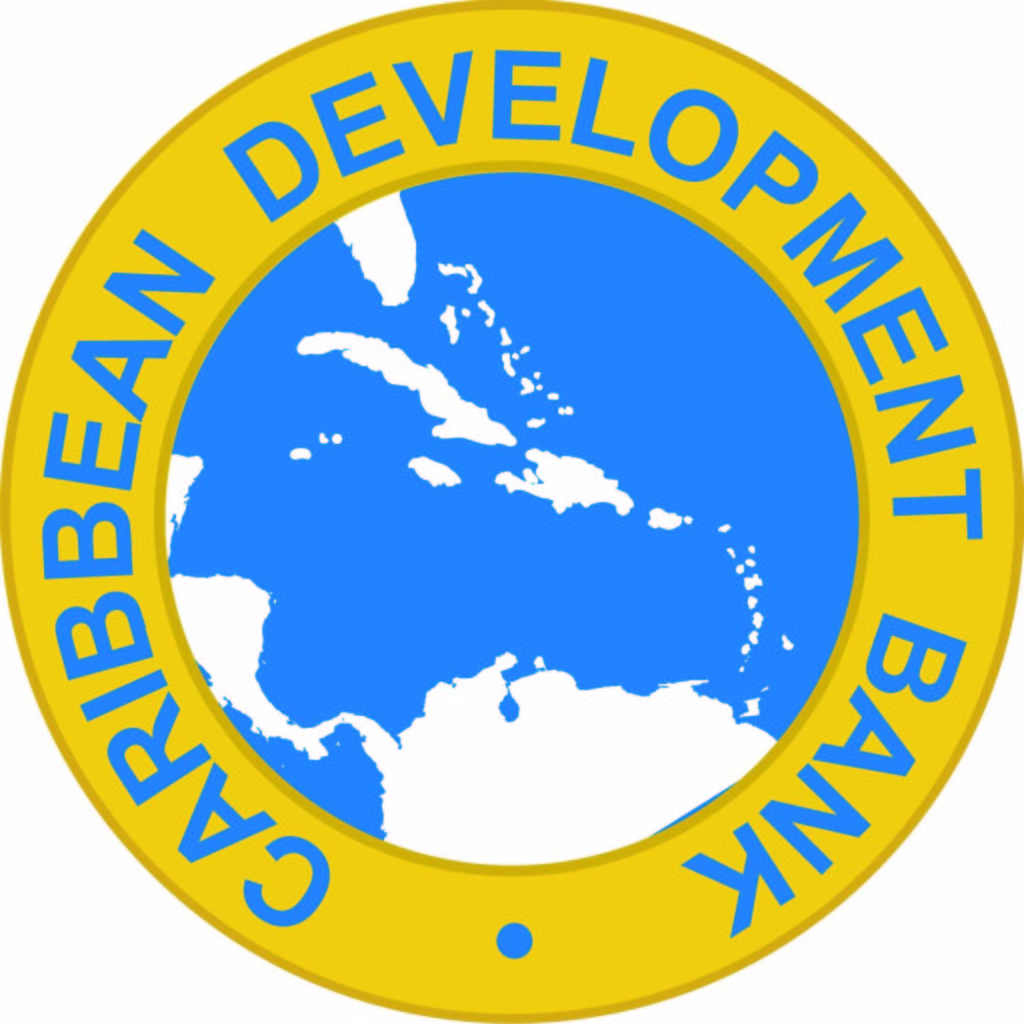Home News End inequality, gender-based violence – international bodies
International Women’s Day 2021
International Women’s Day will be celebrated on March 8, and as such, calls were made by several organisations to end inequality and enable women to strive beyond the limiting beliefs. 

The United Nations Economic Commission for Latin America and the Caribbean (ECLAC) in a statement noted that the global community celebrates women’s social, economic, cultural and political achievements with International Women’s Day (IWD).
The day is also a call to action for accelerating progress towards gender equality and eliminating gender-based violence.
“ECLAC Caribbean recognises Caribbean women as powerful changemakers and calls on individuals of all genders to #choosetochallenge harmful behaviours and practices against women and girls taking place in homes, workplaces, and communities. Individually, we are responsible for our thoughts and actions each day and must choose to speak up in the face of gender inequality. Collectively, we can bring an end to GBV and create a more inclusive society for Caribbean women and girls,” the organisation underscored.
The organisation went on to say that gender-based violence (GBV) has long been a serious issue in the Caribbean, but the public reaction to a recent spike in femicides in Trinidad and Tobago has demonstrated how Trinbagonians can collectively challenge GBV and fight discriminatory beliefs and attitudes that allow such violence to continue.
“Collective efforts of this nature come at a crucial time as the COVID-19 pandemic has unleashed a ‘shadow pandemic’ of violence against women across the world. Emerging data demonstrate that Caribbean women have not been spared from this violence, with lockdowns and other confinement measures increasing pressures at home and limiting opportunities to escape abusers and access protection.”
ECLAC subregional headquarters for the Caribbean is working alongside other UN partners in the subregion to collect data on how Caribbean women’s lives have been affected by the pandemic to ensure gender-responsive economic recovery and women’s leadership and participation in COVID-19 responses at all levels.
While both women and men experience GBV, most GBV is inflicted on women and girls by men. In light of the alarming levels of GBV taking place in the subregion, ECLAC also called on Caribbean governments to uphold their mandate to protect women and girls’ fundamental right to live free of violence and to offer meaningful opportunities to seek redress for acts of violence.
It added, “Across the subregion, the response of law enforcement and state institutions must be strengthened so that GBV survivors can access justice and appropriate support. When Police, health and justice officials operate in a culture where GBV is tolerated, women and girls are often denied their right to report abuses and access protection from their abusers.”
Meanwhile, the Caribbean Development Bank, Vice-President (Operations), Isaac Solomon noted that while there is much to celebrate, there is an urgent need to overcome the status quo.
As the world grapples with the COVID-19 pandemic, women stand on the frontline, comprising over 70 per cent of health and social care workers globally. However, because of gender inequality, their contribution is often unrecognised and forgotten.
“We, at CDB, join the global community in honouring women’s invaluable contributions to social, economic, cultural and political advancements of their communities and countries, particularly in our Region. We salute you!”, said Solomon at the opening of CDB’s International Women’s Day Roundtable “Women in leadership: Achieving an Equal Future in a COVID-19 World”.
In addition, women and girls are facing massive gender-based violence in the Caribbean Region. A 2019 study by CDB and partners shows that 55 per cent of women in five Borrowing Member Countries experienced at least one form of violence.
According to UN Women, gender-based violence has intensified since the outbreak of the pandemic which resulted in a shadow pandemic. Going forward, CDB is looking long-term at a green and inclusive recovery from the COVID-19 crisis that will have economic, environmental and social resilience at its core.
CDB General Counsel Diana Wilson Patrick said, “CDB will continue to employ its Gender Marker Analysis Framework for examining the extent to which investment loans and technical assistance projects are gender mainstreamed, with provisions for including gender action plans within interventions, to ensure gender issues are addressed throughout the project cycle.”

